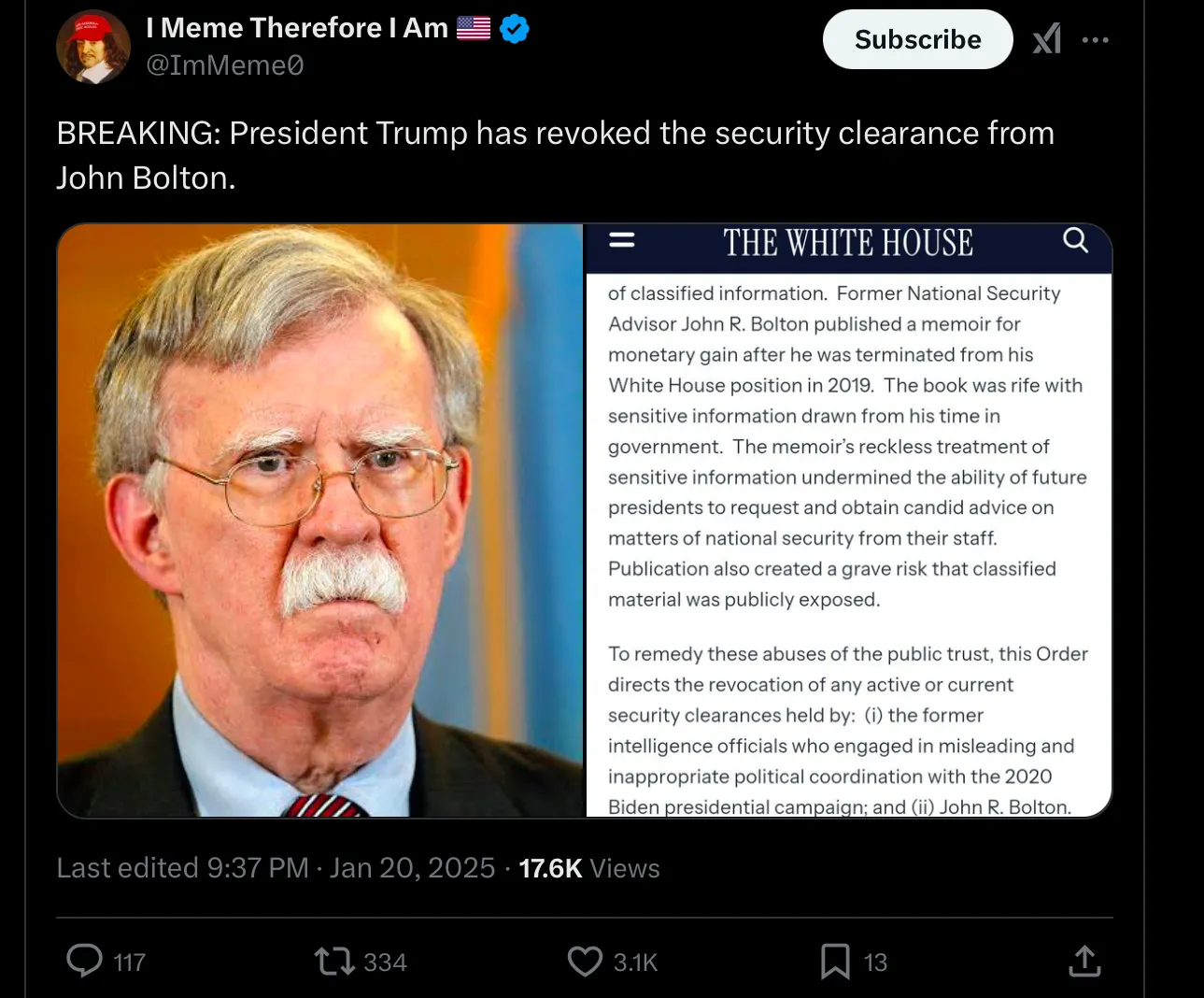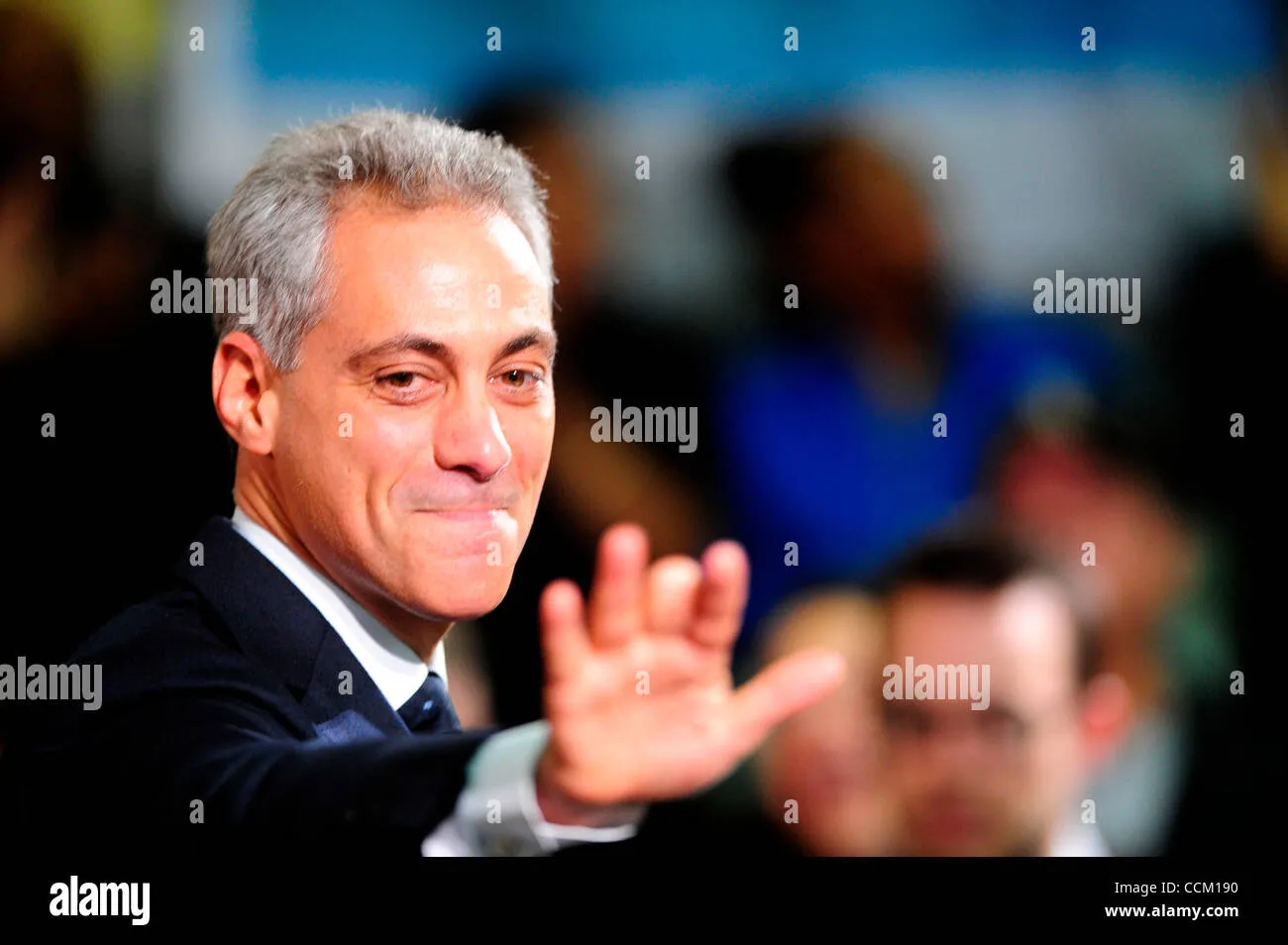John Bolton’s Bold Return: What It Means for U.S. Foreign Policy
In the ever-shifting landscape of American foreign policy, John Bolton has once again emerged as a pivotal and controversial figure, sparking intense debate about the future direction of U.S. international relations. A seasoned diplomat with a reputation for hawkish stances, Bolton continues to be a influential voice in conservative foreign policy circles, challenging the growing isolationist trends within the Republican Party.
Bolton’s political journey is marked by a consistent and unapologetic approach to national security. His career has been defined by an unwavering belief in American military strength and a confrontational diplomatic strategy. As a former National Security Advisor under President Donald Trump, he played a crucial role in shaping some of the most consequential foreign policy decisions of recent years.
The key aspects of Bolton’s foreign policy philosophy can be summarized in several critical points:
- Aggressive National Defense: A staunch advocate for military intervention
- Skepticism of Diplomatic Compromises
- Strong Support for Unilateral American Action
- Tough Stance Against Perceived Global Threats
During his tenure in the Trump administration, Bolton was instrumental in several significant policy moves. He was a primary architect behind the termination of the Iran nuclear deal, a decision that dramatically altered the geopolitical landscape in the Middle East. His approach to international relations was characterized by a no-compromise stance that often put him at odds with more moderate voices within the administration.
“Diplomacy is not an end in itself if it does not advance U.S. national interests.” – John Bolton
Bolton’s criticism of Trump’s foreign policy decisions has been particularly noteworthy. In his memoir, The Room Where It Happened, he suggested that many of Trump’s international strategies were driven more by personal motivations than strategic considerations. This candid assessment further solidified his reputation as a principled, albeit controversial, foreign policy expert.
The potential implications of Bolton’s continued influence are far-reaching. His perspectives on global challenges, particularly regarding countries like Iran, Russia, and China, suggest a more confrontational approach to international relations. He remains deeply skeptical of diplomatic negotiations that he believes compromise American strategic interests.
Bolton has been particularly vocal about the rise of isolationism within the Republican Party. He views this trend as potentially dangerous, arguing that a withdrawal from global engagement could weaken America’s international standing. His commentary often emphasizes the need for a robust and proactive foreign policy that prioritizes national security over diplomatic niceties.
Public and political reactions to Bolton’s persistent influence remain mixed. Hawkish Republicans continue to view him as a principled defender of American interests, while isolationist factions and diplomatic pragmatists often criticize his interventionist approach. His support for military preparedness and strong national defense resonates with a significant segment of conservative foreign policy thinkers.
The historical context of Bolton’s foreign policy philosophy is deeply rooted in a post-Cold War understanding of American global leadership. He represents a school of thought that believes in American exceptionalism and the necessity of maintaining global military superiority. This perspective stands in stark contrast to more nuanced, multilateral approaches favored by some contemporary foreign policy experts.
As the global geopolitical landscape continues to evolve, John Bolton remains a critical voice in shaping discussions about U.S. international strategy. Whether one agrees with his perspectives or not, his continued engagement ensures that hawkish, interventionist viewpoints remain part of the national conversation.
Conclusion: John Bolton’s return to the forefront of foreign policy discussions signals a continued challenge to emerging isolationist trends, maintaining a robust debate about America’s role on the global stage.






Leave a Comment